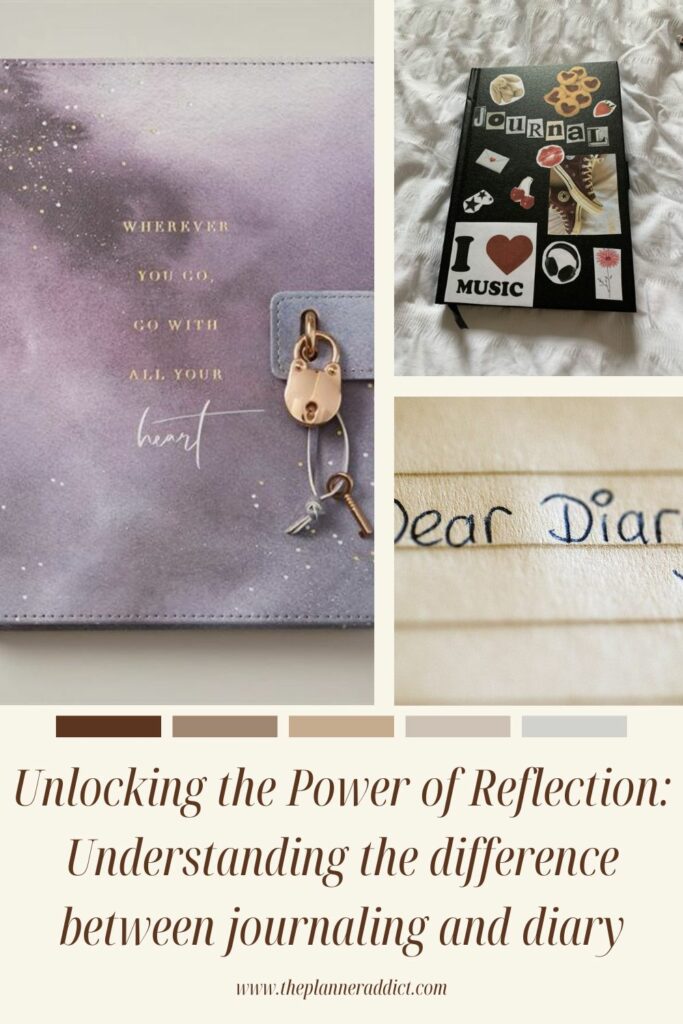
Maintaining a diary and journal can be incredibly helpful in fostering self-reflection and personal growth. Writing down our thoughts, feelings, and experiences allows us to gain a deeper understanding of ourselves and our emotions. It provides a safe space for introspection and allows us to process our thoughts and emotions in a healthy way. Keep on reading to know the difference between journaling and diary keeping.
By regularly writing in a diary or journal, we can identify patterns, track progress, set goals, and celebrate achievements. It also serves as a record of our personal journey, capturing moments of joy, challenges overcome, and lessons learned.
All and all, whether you maintain a diary or a journal both are going to help in unlocking the power of reflection as both are powerful tools for self-discovery and self-reflection that can lead to greater self-awareness and personal development. But you might also be wondering what is the difference between journaling and diary keeping. Let us help you to clear this doubt for you.
What Is A Journal?
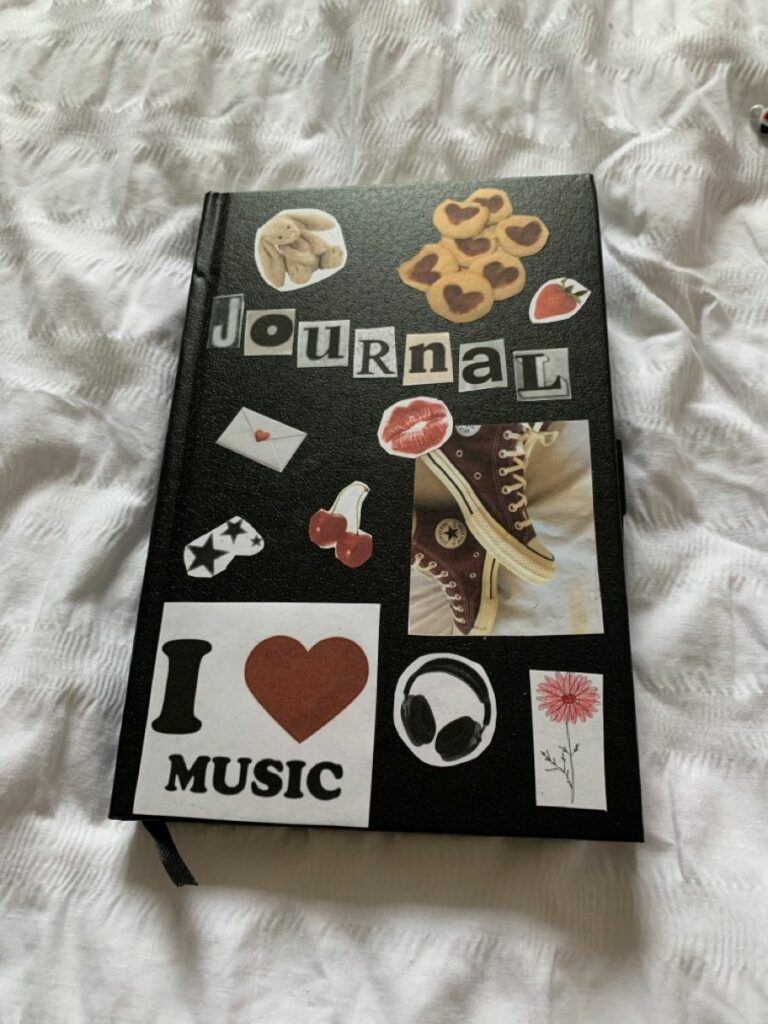
If you’re new to the world of journaling, you may be wondering, “What is a journal?” Well, you’ve come to the right place. In this blog post, we’ll explore what exactly a journal is and how it can benefit your life. From personal reflection to goal setting, a journal can serve as a powerful tool for self-discovery and personal growth. Whether you’re looking to improve your mental health, track your habits, or simply document your thoughts and experiences, a journal can be a valuable asset.
How Helpful Is Journaling?
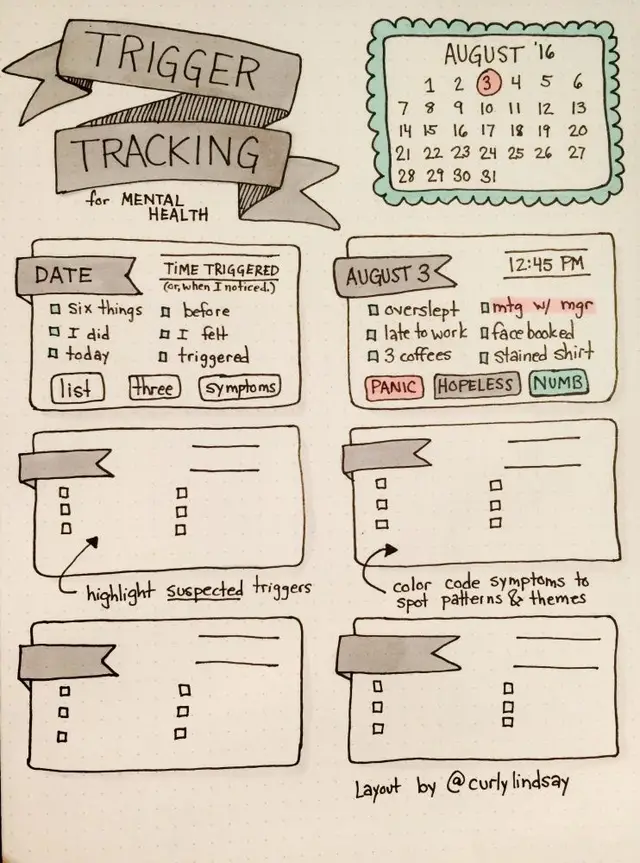
Journaling can be an incredibly helpful tool for self-reflection and personal growth. By putting our thoughts and experiences down on paper, we are able to gain clarity and perspective on our emotions, actions, and patterns of behavior. Journaling allows us to explore our thoughts and feelings in a safe and non-judgmental space, giving us the opportunity to delve deeper into our inner world. It can also help us identify patterns or recurring themes in our lives, allowing us to make positive changes and grow as individuals. Whether it’s through writing about our daily experiences, setting goals, or exploring our dreams and aspirations, journaling provides a valuable outlet for reflection and self-discovery.
What is A Diary?

If you’re someone who loves to jot down your thoughts, record your daily activities, or simply keep track of important events, you may be familiar with the concept of a diary. But what exactly is a diary? If you’ve ever wondered what exactly a diary is and why people keep one, you’re not alone. Diaries have been used for centuries as a way to record personal thoughts, emotions, and experiences. They can serve as a therapeutic outlet, a tool for self-reflection, or simply a way to document daily life.
How Does Maintaining A Diary Helps?
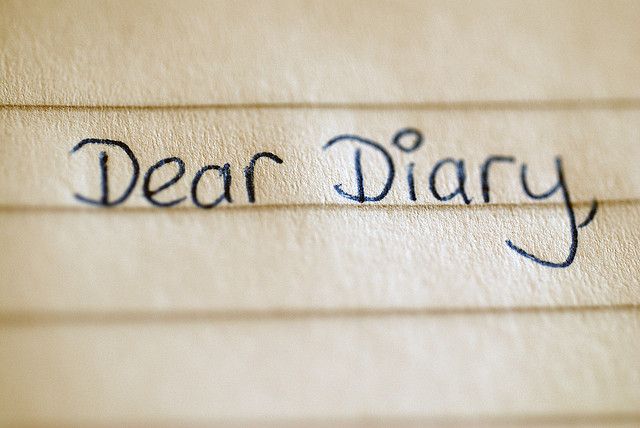
Maintaining a diary is an excellent way to facilitate reflection and personal growth. By writing down the events, experiences, and emotions on a regular basis, you create a space for self-reflection and introspection. When you take the time to read back through your entries, you gain valuable insights into your own habits and productivity. This can help you identify areas where you may want to make changes or improvements in your life. Additionally, writing in a diary allows you to express yourself freely without fear of judgment or interruption, which can be incredibly cathartic and therapeutic. Overall, maintaining a diary provides a valuable tool for self-discovery, personal development, and emotional well-being.
What Is The Difference Between Journaling And Diary Keeping?
If you’re a journal enthusiast or looking to start keeping a diary, you may have wondered: what exactly is a diary? Is it just a book filled with daily entries, or is there more to it? Let’s explore the difference between journaling and diary keeping, as well as the benefits of keeping one. Whether you’re interested in documenting your thoughts and experiences or simply want a creative outlet, understanding the true essence of journaling or diary-keeping can help you make the most out of your journey.
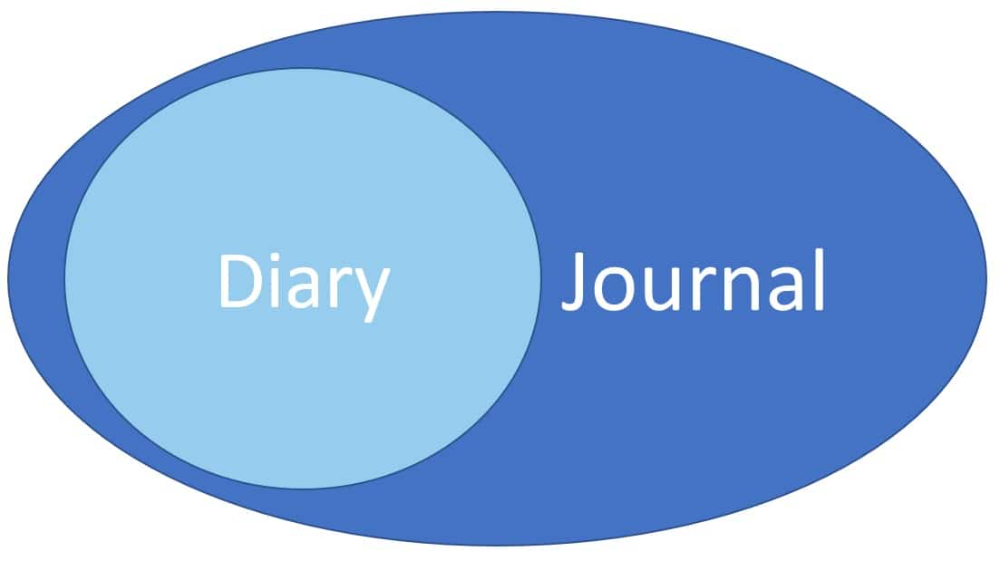
The purpose- Tracking Thoughts and Emotions vs. Recording Events
Journaling and diary keeping are both valuable practices for recording personal experiences, thoughts, and emotions. Journaling is a more introspective process that focuses on tracking thoughts and emotions. It allows individuals to explore their inner world and gain a deeper understanding of themselves. By regularly reflecting on their experiences, journal writers can identify patterns, track personal growth, and gain insight into their own behaviors and reactions.
On the other hand, diary-keeping is more focused on recording events and daily activities. It serves as a record of external happenings, such as meetings, appointments, or significant moments. Diary entries typically provide a chronological account of one’s day-to-day life and can serve as a valuable reference in the future.
Both journaling and diary-keeping have their unique benefits. Journaling helps individuals develop self-awareness and emotional intelligence by providing a space to express feelings and reflect on personal experiences. Diary keeping, on the other hand, offers a practical way to document important events and memories. Ultimately, the difference between journaling and diary keeping depends on personal preference and desired outcomes.
Whether one chooses to engage in journaling or diary keeping or even combine the two approaches, it can be a meaningful practice that enhances self-awareness and reflection.
If you like this article then you can head on to our page- www.planneraddict.com to read more such articles.
What is a journal?
A journal can be a valuable asset whether you’re looking to improve your mental health, track your habits, or simply document your thoughts and experiences.
How helpful is journaling?
Journaling can be an incredibly helpful tool for self-reflection and personal growth. By putting our thoughts and experiences down on paper, we are able to gain clarity and perspective on our emotions, actions, and patterns of behavior. Journaling allows us to explore our thoughts and feelings in a safe and non-judgmental space, giving us the opportunity to delve deeper into our inner world.
How helpful is maintaining a Diary?
Maintaining a diary is an excellent way to facilitate reflection and personal growth. By writing down the events, experiences, and emotions on a regular basis, you create a space for self-reflection and introspection. Writing in a diary allows you to express yourself freely without fear of judgment or interruption, which can be incredibly cathartic and therapeutic.
What is the difference between journaling and Diary keeping?
Journaling is a more introspective process that focuses on tracking thoughts and emotions. On the other hand, diary-keeping is more focused on recording events and daily activities. It serves as a record of external happenings, such as meetings, appointments, or significant moments.
Is journaling more helpful than diary?
Both journaling and diary-keeping have their unique benefits. Journaling helps individuals develop self-awareness and emotional intelligence by providing a space to express feelings and reflect on personal experiences. Diary keeping, on the other hand, offers a practical way to document important events and memories.







Leave a Reply